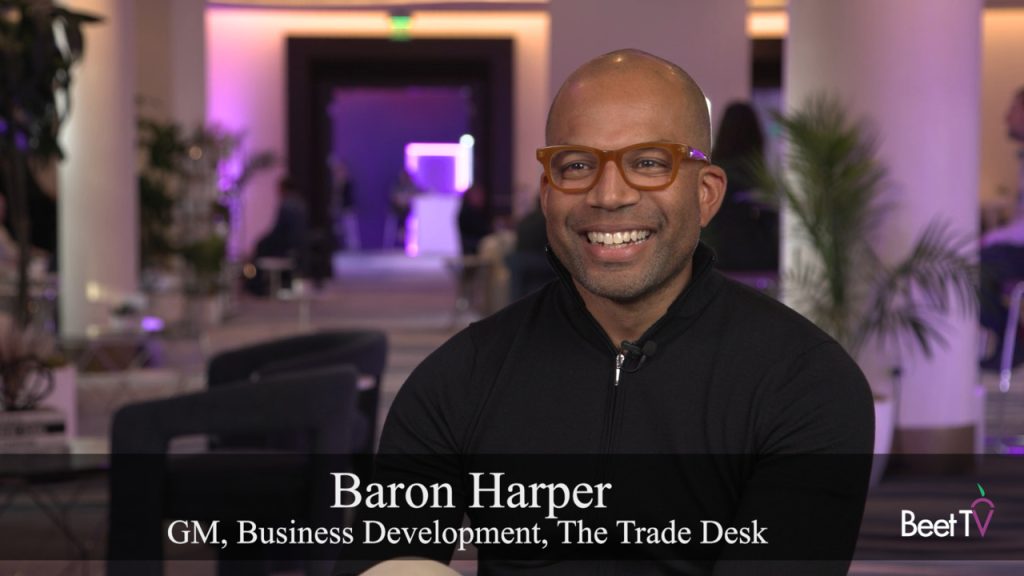In a sobering assessment of the advertising industry’s near-term prospects, Brian Wieser, principal at consulting firm Madison and Wall, warned that escalating global tariffs and growing policy uncertainty are creating a drag on the ad market—with few signs of relief ahead.
“There’s a lot of bad places this can go,” Wieser said in this interview with Beet.TV, referring to the ongoing tariff disputes affecting major economies. His firm revised down its 2025 advertising forecasts as early as December, and again more recently, citing both the direct impact of tariffs and the broader uncertainty they’ve introduced.
“We’re saying this is going to be a no-growth, real-growth economy,” Wieser said, pointing to elevated inflation and policy unpredictability as persistent threats to the advertising sector. “The base case was bad, but alternative scenarios are worse.”
Tech giants face the heat
The economic pressures are particularly severe for platform companies. Tariffs on China, the elimination of the de minimis exemption, and supply chain disruptions are “disproportionately hurting Amazon and Meta,” Wieser said. Meanwhile, the broader ad market downturn “hurts pretty well everyone.”
Automotive tariffs and general supply chain issues have ripple effects across sectors, and Wieser said “tariffs impacting every country just will impact every supply chain and impacts everyone.”
Agencies in the crossfire
Advertising agencies aren’t spared, with Wieser cautioning that any new move—such as the European Union potentially targeting U.S. services with tariffs—would hit them hard. “That’s where it starts to get really interesting — not in a good way — for agencies,” he said.
However, he offered a glimmer of hope: agencies, being more human and organic in structure, have adaptability on their side. “Even if offshoring becomes a thing of the past, agencies can shift production, shift freelancing. But policy volatility makes it hard to make long-term investments.”
A global strategy under threat
Wieser, long an advocate for agency consolidation and monolithic global brands, is now questioning that model. Recent geopolitical friction is threatening the notion that agencies can operate uniformly across borders.
“In the last ten days alone, we saw one country — France — warn companies doing business with the U.S. not to have DE&I policies, while the U.K.’s TFL rejected a company for not having one,” Wieser said. “This isn’t like GDPR, where meeting a higher standard helps everywhere. These are polar opposites. You may have to pick sides.”
Planning amid uncertainty
Wieser was blunt about the outlook: “You have to assume the worst and plan around it.”
He urged companies to build redundancies and hedge against geopolitical risk—even referencing a brief and obscure trade scare with Colombia as an example of how suddenly business operations can be disrupted.
Ultimately, he said, the companies that succeed in this environment will be those that imagine new operating models and prepare for outcomes that “might have been unfathomable years ago.”
“There will be opportunities in this chaos,” Wieser concluded. “But the worst thing any company can do is just assume it gets better. Hope is not a strategy.”














































